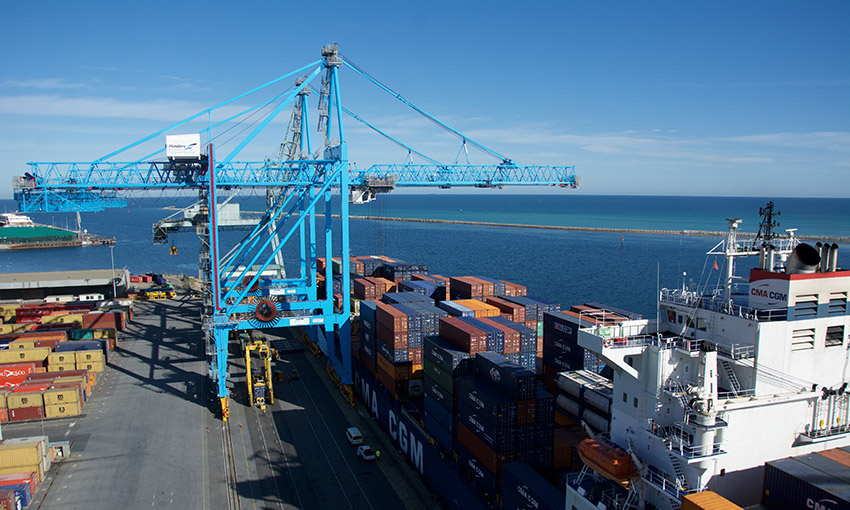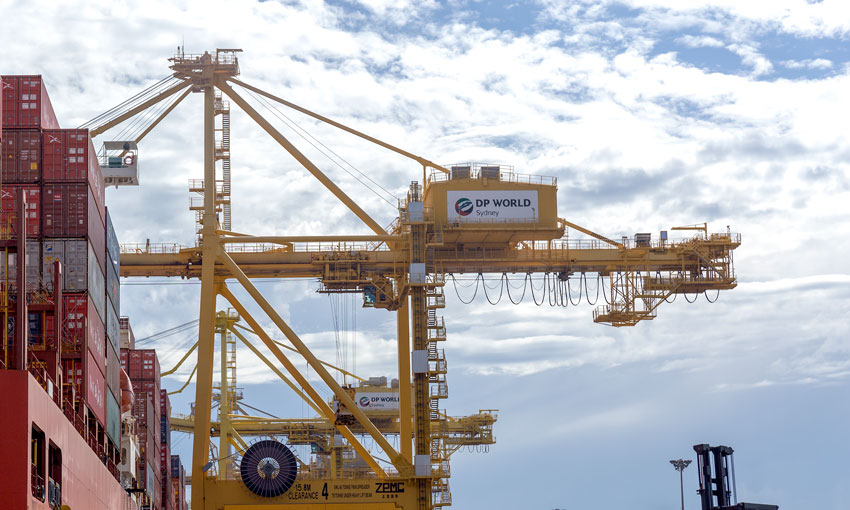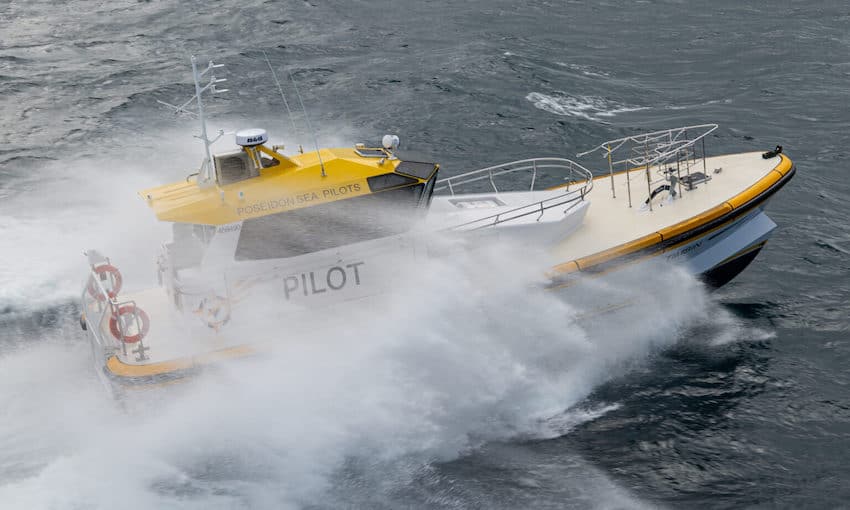A STEVEDORE stood down by Flinders Adelaide Container Terminal for failing to vaccinate against COVID-19 has been refused permission to appeal the Fair Work Commission’s decision that his dismissal was not unfair.
The stevedore, Ian Johnson, was dismissed in October last year after Flinders Ports set a deadline for employees to get the vaccine, in line with a government directive. After the deadline of 11 October, unvaccinated workers would be stood down, according to the FWC decision.
A dispute between Mr Johnson and Flinders Ports arose in the month prior to his dismissal. He wrote to Flinders Ports on 16 October to “inform” them that he would not “be forced or threatened” to have the vaccine.
“I am refusing to have a vaccine because it is my right to say no, you say you are acting on the cross border directions but you have a choice to implement these directions you are choosing to follow them,” Mr Johnson said in the email.
“[I]f you were so concerned about covid-19 you wouldn’t be bringing ships in to Port under the quarantine time frame of 14 days and not testing the crew,” he said.
Flinders Ports terminated Mr Johnson’s employment following the company’s attempts to arrange a meeting and discuss the matter.
They had also extended the vaccination deadline to allow Mr Johnson (and other stevedores) to consider their options and had allowed Mr Johnson to reconsider his position after he had asked to have it terminated.
In February this year, Mr Johnson submitted an application to the Fair Work Commission on the grounds his dismissal was unfair.
He claimed there was no valid reason for his dismissal because the vaccine mandate was “unlawful”, and because COVID-19 vaccines were “unsafe and a risk to his future health and safety”.
He also claimed there was no valid reason for dismissal because “it was Flinders who put the health and safety of stevedores at risk by allowing vessels to berth with crews that had not been tested for COVID-19”.
Flinders Ports contended there was valid reason for dismissal because Mr Johnson could not perform an inherent requirement of his job, as the government mandate prevented unvaccinated stevedores from working on vessels.
They contended their position was lawful and reasonable because they had enforced the mandate as per the government directive.
Following the Fair Work Commission hearing, FWC deputy president Peter Anderson said there were few disputed facts in the matter, as it largely involved differences of opinion around vaccine mandates.
Mr Anderson found valid reason for Mr Johnson’s dismissal, as the stevedore was unable to lawfully embark vessels, and was consequently unable fulfil his inherent role as a stevedore.
“I have also found that Mr Johnson had full opportunity to respond to a transparent and procedurally fair process in advance of being dismissed,” Mr Anderson said. “Considered overall, Mr Johnson’s dismissal was not unfair.”
Based on Mr Anderson’s decision, there was no issue of remedy, and Mr Johnson’s application was dismissed.
Mr Johnson then sought permission to appeal the decision on the grounds Mr Anderson did not judge the matter fairly.
However, the FWC in considering his request found Mr Johnson’s submissions to be vague and an apparent attempt to “reventilate the merits” of his initial case.
On 30 June, FWC vice-president Joseph Catanzariti, deputy president Richard Clancy and commissioner Leyla Yilmaz refused Mr Johnson permission to appeal.




